Puppies N Love in Arizona brings puppy mill activity to light
Pet shops are contributing to inhumane puppy mills by demanding more breeding
A Harley’s Dream video depicts the conditions that puppy mill dogs live in.
Glendale Mall in Arizona houses a pet shop called Puppies N Love. Puppies live on shreds of newspaper and are given water bottles for hamsters. Breeder cards have information: microchip number, date of birth, breeder, etc. There is no information on the breeder, facility size, or conditions.
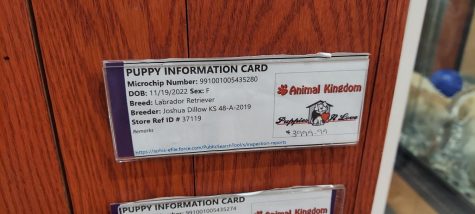
There are many young puppies in the facility, so what happens if they aren’t sold? According to The Best Friends Resource Center, “Eventually, puppies are marked down to the price the store paid the puppy mill broker — usually a few hundred dollars. If the puppy still doesn’t sell, stores will often cut their losses and give puppies away to employees, friends[,] or rescue groups.”
Pet shop puppies will only add to the poor living conditions and euthanasia rates that shelter pets are already struggling with.
It’s not just puppies that are harmed by pet shops, so are their parents. Petpedia said, “The majority, if not all, puppies in pet stores come from puppy mills that can make even the most atrocious jails look like a haven.” The parents of these puppies are left behind at the puppy mills until they are overused and can no longer physically reproduce. There are about “167,388 breeding dogs in facilities licensed”. That number is from the puppy mills that are actually licensed.
Progressive Animal Welfare Society said, “Adult animals are continuously bred until they can no longer produce, then destroyed or discarded.” Those dogs are then replaced, and the same cycle continues.
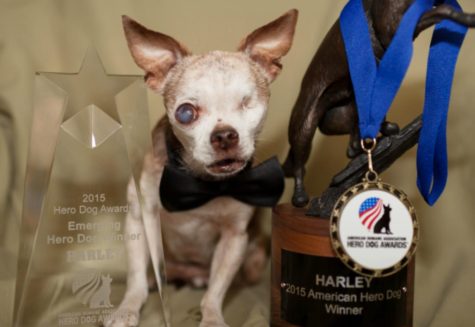
Rudi Taylor, founder of Harley’s Dream, said, “Puppy mills usually house dogs in overcrowded and unsanitary conditions, without adequate veterinary care, food, water, and socialization.” They spend their lives in stacked wire cages where animal waste can fall through.
Though Puppies N Love said they investigate all breeders, “scrutinize all of [their] breeders’ USDA inspection records”, make routine onsite visits yearly, and inspect kennels and treatment, former employees have come forward and revealed otherwise.
According to the Arizona Central, Puppies N Love has allegations of breeders being cited for health violations, cages missing breeder information, unlicensed handling, and poor kennel conditions. Photos depicting kennels with feces; “haphazardly stored” medication; puppies delivered with parasites, large growths, cherry eyes, respiratory infections, and pale swollen gums were given by former employees and activists.
Lain Kahlstrom, director of state affairs for Wellness Action said, “These pet store owners are… getting dogs from high-volume, out-of-state breeders with direct violations of the Animal Welfare Act [AWA].”
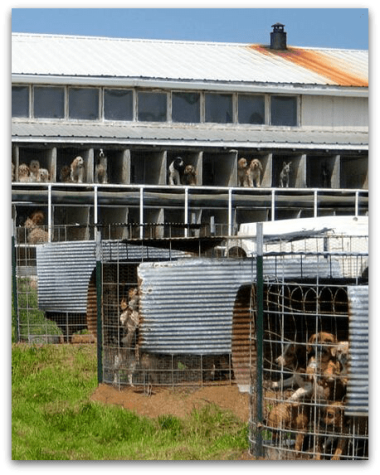
Bailing Out Benji, an organization that determines puppy mill conditions, has a “Puppy Mills By State” map detailing the locations. They determine the information through the USDA and other agencies. A number of breeders that supply Puppies N Love showed up in states outside of Arizona, which confirms violation of the AWA. A number of breeders on the list have 100-200+ breeding dogs that produce 100-200+ puppies and appear on the “Horrible Hundred”.
Lain Kahlstrom, director of state affairs for Wellness Action, said, “These pet store owners are fraudulently representing to customers they don’t procure dogs from puppy mills, but in fact they are getting dogs from high-volume, out-of-state breeders with direct violations of the [AWA].”
The AWA was signed into law in 1966. “Although there have been amendments passed over the years… the standards that breeders are required to meet by law are extremely minimal. Conditions that most people would consider inhumane, or even cruel, are often totally legal,” said Taylor.
In Colorado state government, representative Monica Duran and senator Mike Foote sponsored the “Humane Pet Act” to prohibit: the sale of dogs and cats in pet shops or in a public place; and established standards and treatment for animals being bred. The 2020 bill lost to state congress.
The Best Friends Resource Center said that to put a stop to puppy mills, people should adopt pets from shelters rather than shops. Taylor said, “The easiest thing to do is to just not shop in a store that sells puppies.” Individuals can also work to become more educated on the subject matter and support officials and legislation that regulates breeding of animals.
Your donation will support the student journalists of Mead High School. Your contribution will allow us to purchase equipment and cover our annual website hosting costs.

Skylar Whalen is a senior. She is this year's editor-in-chief. Skylar enjoys painting, singing, and playing softball. She is a huge animal lover and works with dogs outside of school. Skylar plays competitive softball and hopes to play in college. She is excited to help other writers succeed and grow. Skylar can’t wait to work with new people and produce engaging stories for the community around her. She also enjoys having the excuse to write about herself in third person and make her seem interesting.

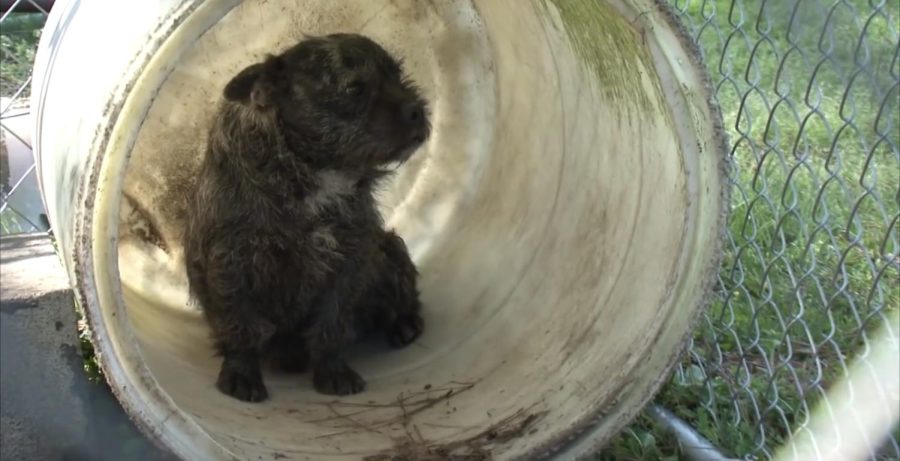
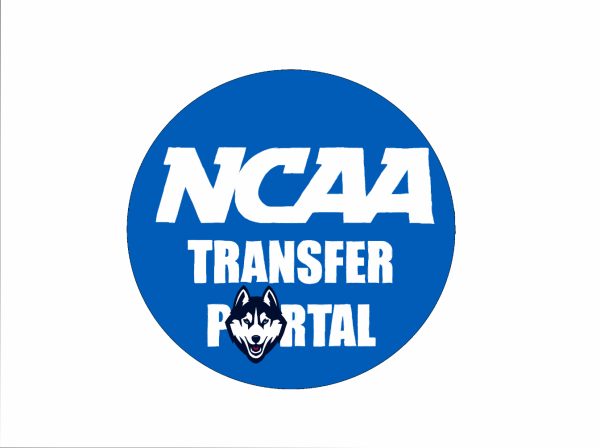



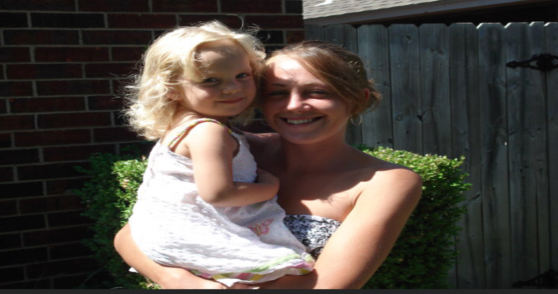
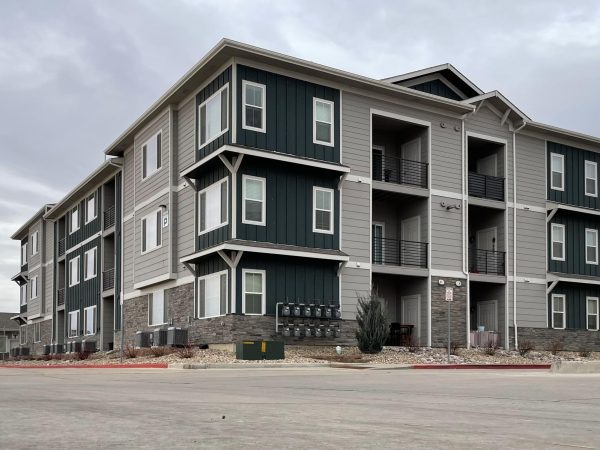




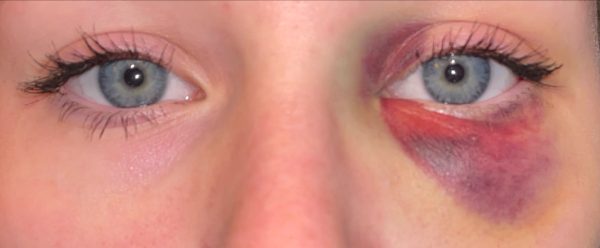
Luvvy Brown • May 3, 2023 at 6:23 pm
I want to thank you for this article. It was insightful. I had no clue. I will definitely be more supportive from here on out.
Erin E • May 3, 2023 at 3:53 pm
I also believe that pet stores that sale registered puppies should not be allowed.